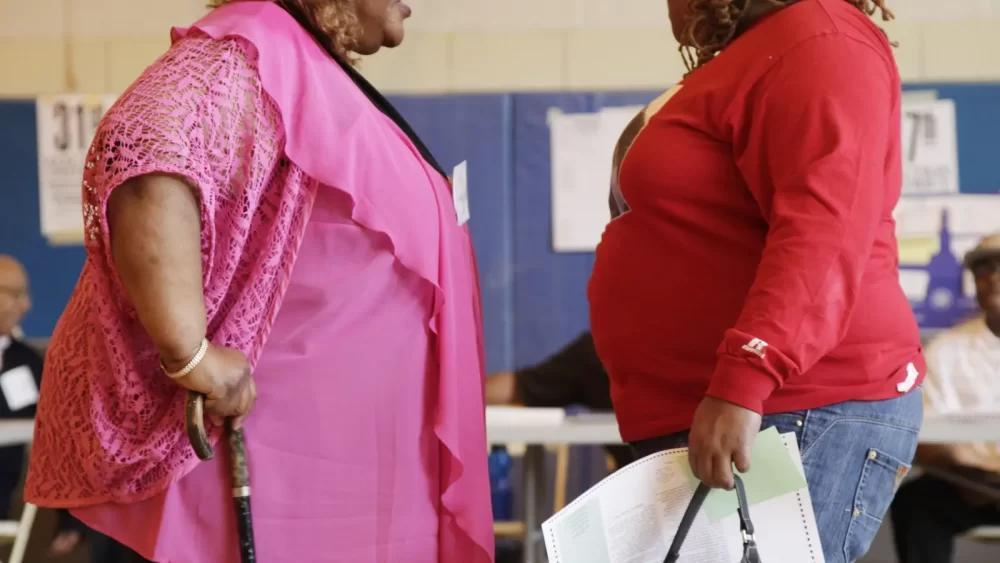Africa-Press – Botswana. A UNICEF study to be launched soon will probe gaps remain in the regulatory and policy frameworks that govern the availability, marketing, labelling, pricing and accessibility of food products.
The United Nations Children’s Fund (UNICEF) has launched a legal landscape analysis into Botswana’s food environment as part of a renewed effort to combat the country’s rising obesity and overweight crisis, which health experts warn has reached worrying levels.
The study, to be conducted over 20 working days by a consultant will review the gaps in Botswana’s laws, policies, and regulations governing food production, marketing, and consumption. UNICEF says the analysis will guide reforms aimed at curbing the surge in non-communicable diseases (NCDs) such as diabetes, hypertension, and cardiovascular complications which have been directly linked to poor diets.
Health statistics concerning
According to UNICEF, recent health statistics paint a stark picture. It says in 2014, the Ministry of Health estimated that 30.6 percent of adults between 15 and 69 years were overweight or obese. A demographic survey conducted in 2017 further revealed that 12.7 percent of children aged 5-19 years were overweight or obese, with the highest prevalence among younger children aged 5–6 years at 18.6 percent. Experts blame this on the increasing shift from traditional diets to ultra-processed, calorie-dense foods high in salt, sugar, and unhealthy fats.
It says the growing burden of NCDs in Botswana, including obesity, diabetes and cardiovascular diseases has been strongly linked to unhealthy diets and food environment. These trends present a major public health challenge and threaten the progress in national development and health goals, UNICEF says.
“Botswana is a net importer of food, with more than 97 percent of its food needs coming from outside the country. This makes it crucial to have a strong regulatory framework that protects public health while also ensuring safe trade,” UNICEF said in a statement announcing the initiative.
Poor labeling standards
The organisation describes the food environment in Botswana as rapidly evolving, shaped by aggressive marketing, easy access to fast foods, and poor labelling standards. UNICEF says while some progress has been made through multi-sectoral strategies promoting healthier eating, the policy environment remains weak and outdated.
For instance, UNICEF says, Botswana’s Food Control (Labelling of Pre-packaged Foods) Regulations, formulated in 2003, are now seen as inadequate. It says they lack provisions for nutrition declarations, front-of-pack labelling, or restrictions on misleading health claims, leaving consumers poorly informed when making dietary choices.
Stronger laws
The legal analysis is expected to recommend stronger laws on food labelling, restrictions on the marketing of unhealthy foods to children, and possible fiscal measures such as taxes on sugar-sweetened beverages. UNICEF says these reforms will be critical in reducing the risk of diet-related NCDs and improving overall health outcomes.
The process will involve inception meetings with the Ministry of Health and other stakeholders, a desk review of existing legislation, and consultations with government officials, legal experts, civil society, and the private sector. Findings will be presented in a validation workshop before a final report is submitted to guide national policy.
For More News And Analysis About Botswana Follow Africa-Press






